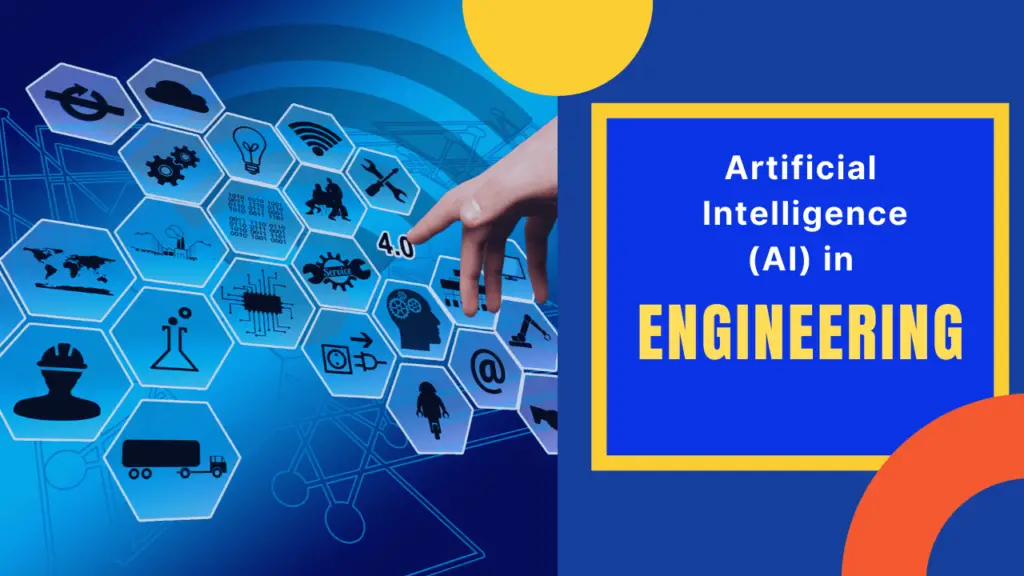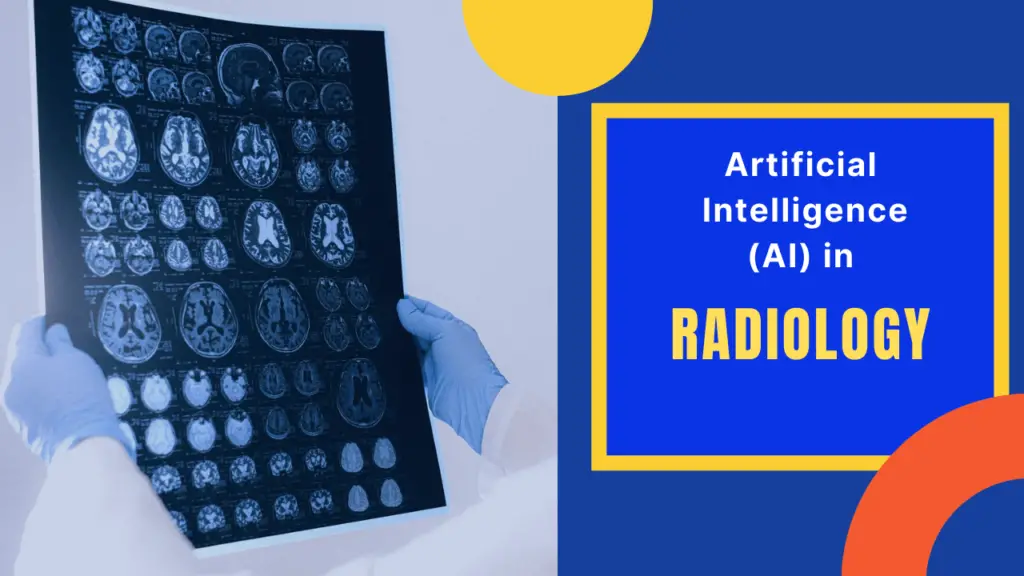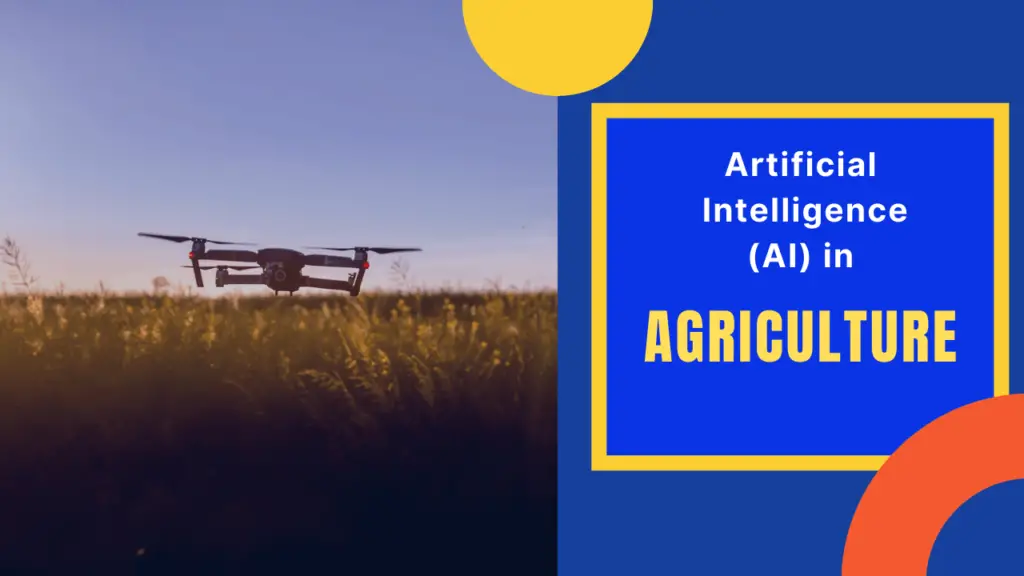Scientists have always been fascinated by the idea of making a machine that is capable of replicating the human brain. There are many popular science fiction movies based on this idea. However, the way a human brain works is way beyond a simple computer. There is so much debate about whether consciousness can be separated from artificial intelligence but there is no need for such complexity. Artificial intelligence is not a thing of the future but rather it is making countless applications in several industries nowadays. One sector where AI has innumerable applications in the engineering field. The AI technologies employed in the engineering field combine software as well as hardware components. Imagine robots on a car assembly line and the software which controls them. However, the use of AI in engineering is becoming more sophisticated.

AI Engineering
There is an increasing demand for artificial intelligence specialists. Anyone interested in engineering should consider becoming an AI engineer. AI engineers are individuals who work with machine learning techniques such as natural language processing to construct models which power AI-based applications.
The applications made by AI engineers include:
- Visual identification
- Contextual advertising based on sentiment analysis
- Language translation
Top 6 Applications of Artificial Intelligence in Engineering
Currently, AI has become an integral part of engineering. Here are some of the amazing applications of AI in engineering.
1. Robots
The advent of AI technology-enabled developers to build machines that can easily carry out complicated tasks related to manufacturing. Systems got developed that can learn and improve without any human intervention. Advanced robots can now easily replace humans in an assembly line. For instance, the use of advanced robots in the automobile manufacturing industry. AI systems can perform complex tasks that mimic the intricate functions and those that were reserved for human workers initially.
2. Big Data
Industries heavily rely on big data. Any company that wants to beat the competition needs to invest in big data. AI via machine learning provides organizations with algorithms that can detect mistakes and formulate solutions that improve their operations. Big data and AI are used by engineers to facilitate large-scale projects. Big data can even be used to analyze how projects are performing and if they could be replicated in other areas.
3. Internet of Things
The internet of things (IoT) is continuing to explode since organizations are working to get people connected. Smart devices have become a norm that allows people to stay in touch wherever they are. Connectivity has greatly benefitted the engineering industry. IoT devices have made it possible for specialists to remotely monitor projects. For example, an IoT sensor used by an engineer can easily monitor how well the designed system measures soil consolidation and environmental influence for the client.
4. Image Processing
Image processing algorithms allow engineers to identify structural deformities readily that were not identifiable otherwise. Image processing, when combined with data from sensors, can deliver contextual information that would help engineers in decision-making.
5. Natural Language Processing
Natural Language Processing (NLP) is an AI approach that enables machines to communicate with humans. This concept is likely to work in the future. Just imagine an engineer who talks to a tool to get the tool’s input on ways to reinforce an assembly line process in real-time. The goal of NLP is to improve the sophistication with which machines may respond to the human voice.
6. Jobs
Automation has a great impact on jobs. There are certain fears surrounding automation. If machines start replacing humans in some jobs, there are fears that it may come a time when human workers are not needed at all. The threat to human jobs is real and it may impact communities. However, the majority of researchers are of the view that the long-term benefits of automation surpass the associated drawbacks.
Skills required by an AI engineer
The most important skills required for an AI engineer are:
1. Programming
It is important to have a command of programming languages to be an AI engineer. The most common languages that should be learned are Python and R.
2. Statistics
AI engineering is not just about coding. Statistics and probability are the basis of machine learning models. An AI engineer is aware of statistical significance and other similar concepts that determine the accuracy of models.
Although technical skills are required for modeling, certain soft skills should be learned by a person assuming an AI engineer role to do well in an organization.
3. Creativity
AI engineers should always search for tasks where AI technology can perform better than humans. They should be willing to try ideas out of the box.
4. Business knowledge
AI engineers need to add value to their specific companies, and this can only be achieved if they are well aware of their company’s needs and interests from a strategic level. They need to understand the company’s business model. Here is where business knowledge comes in handy.
5. Prototyping
Ideas hardly work on the first attempt. The key is to try and try again to see what works best. Success depends on the ability to test and modify models until the perfect solution is found.
Affect of AI on Blockchain Technology
An illustration of how AI may impact cryptocurrencies and blockchain technology is “Magnus Collective.” It comprises a decentralized network of AI technologies such as robots, sensors, hardware, computers, and human. It is a hybrid token that may be an evolution of the ICO concept.
Conclusion
AI has impacted every industry and engineering is no exception. Countless applications of AI greatly benefit engineers. From enabling intuitive interactions with engineering to keeping an eye on the work of engineers and other machines, AI has different roles to play. As the methods of collecting as well as analyzing large data sets are becoming more refined, it is possible to unlock the full potential of algorithmic learning and big data. Both these concepts have transformative impacts on engineering and their power cannot be undermined.


